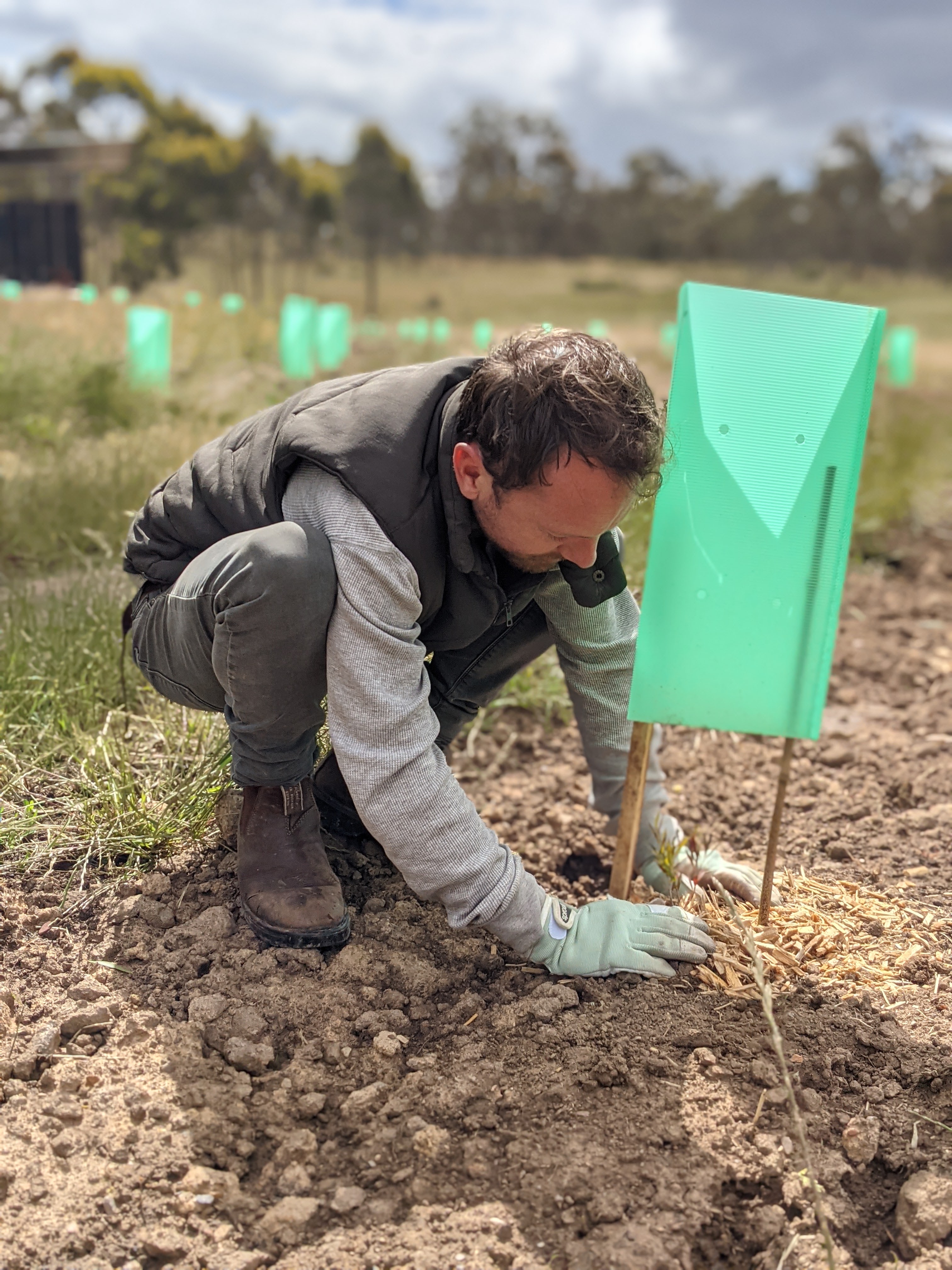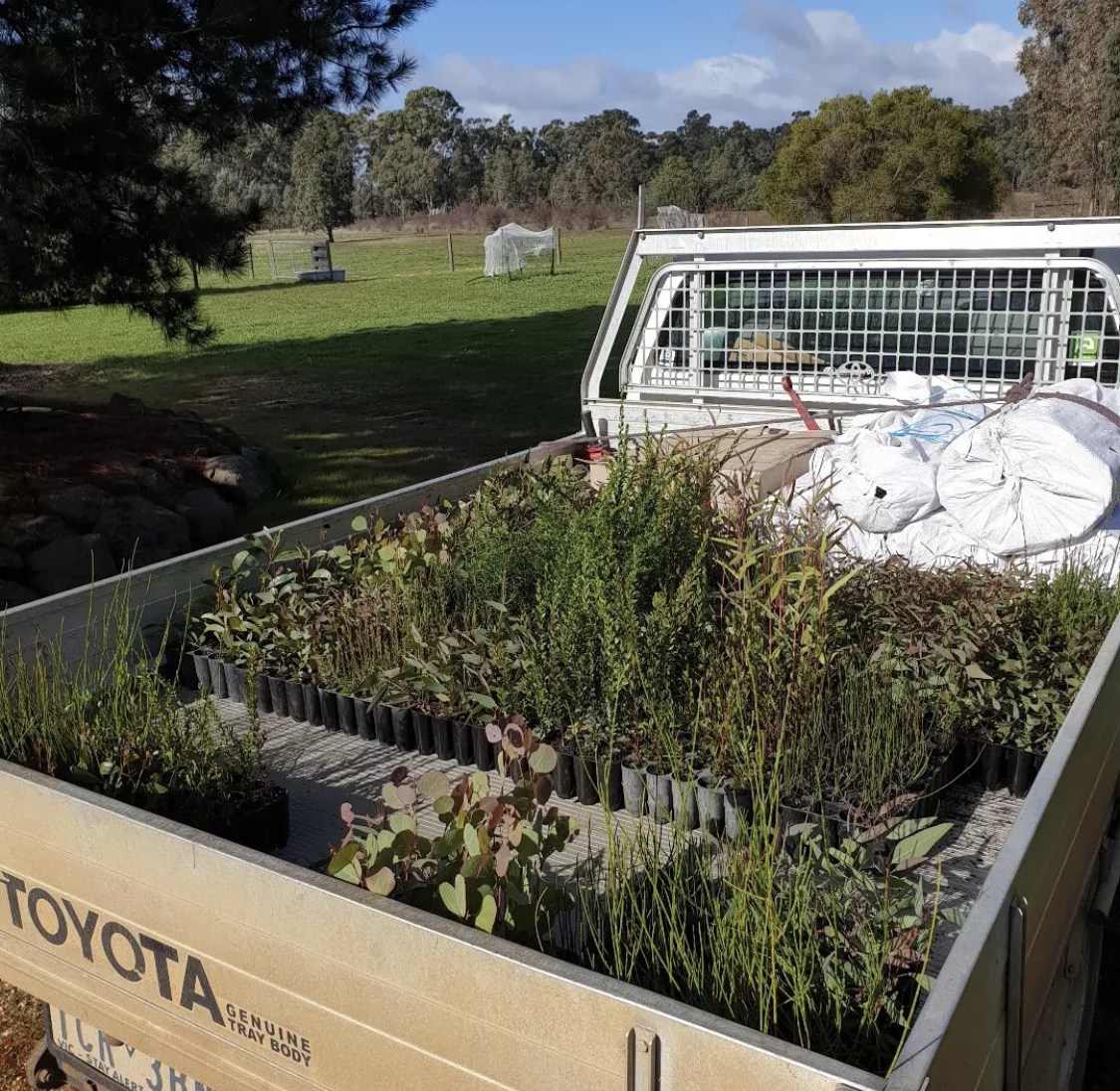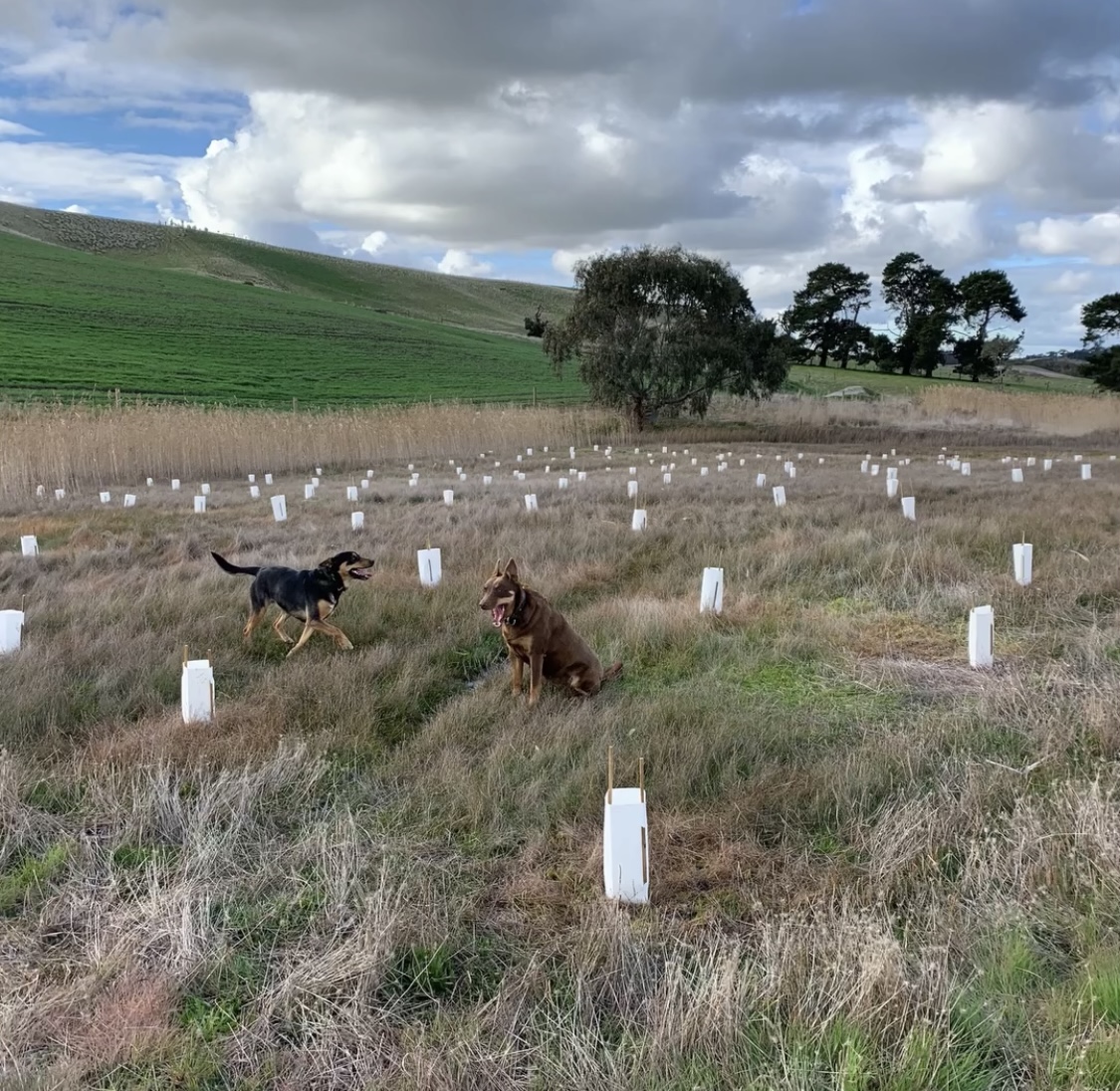November 16, 2022
|
Homes for a darling devil.
TREES PLANTED
90
MSD is at the forefront of research to prevent and treat diseases that threaten people and animals – including cancer, infectious diseases, such as HIV and Ebola, and emerging animal diseases.

The correlation between MSD’s research and work on animal disease, and their trees planted in Tasmania will mean more habitat for endangered native animals such as the much loved Tasmania Devil.
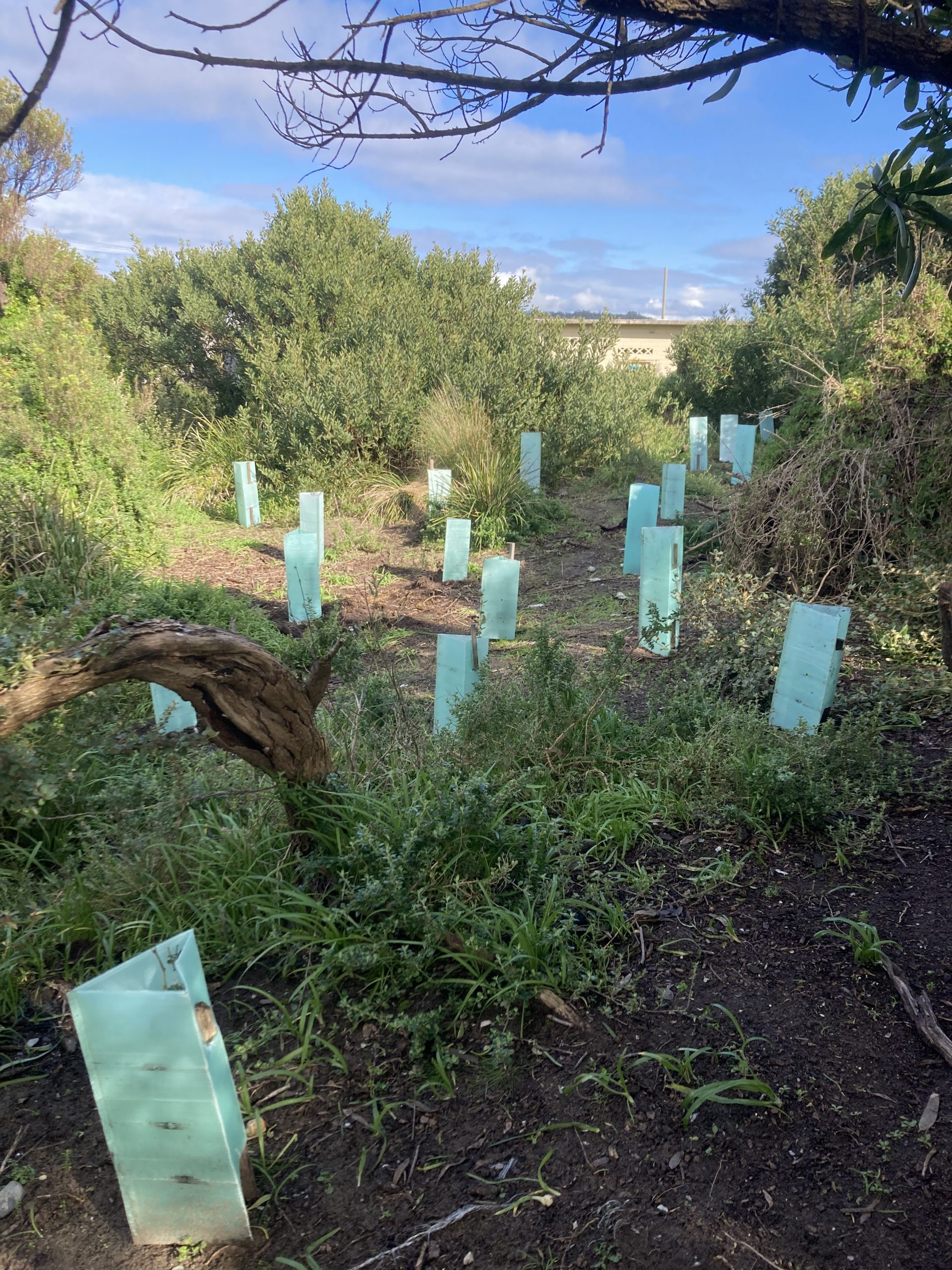
MSD trees have been planted along the northern coastline in Tasmania at a place called Turners Beach. The planting group in the area, are aiming to enhance natural values and protect the natural vegetation corridors and habitat for native fauna including the iconic Tasmanian Devil.
The trees provided will help with problems such as:
- loss of habitat,
- gaps in the vegetation that leave the area more susceptible to weed incursion,
- reduction in numbers of native and local species of Eucalyptus (E. viminalis) and
- diminished species diversity generally.
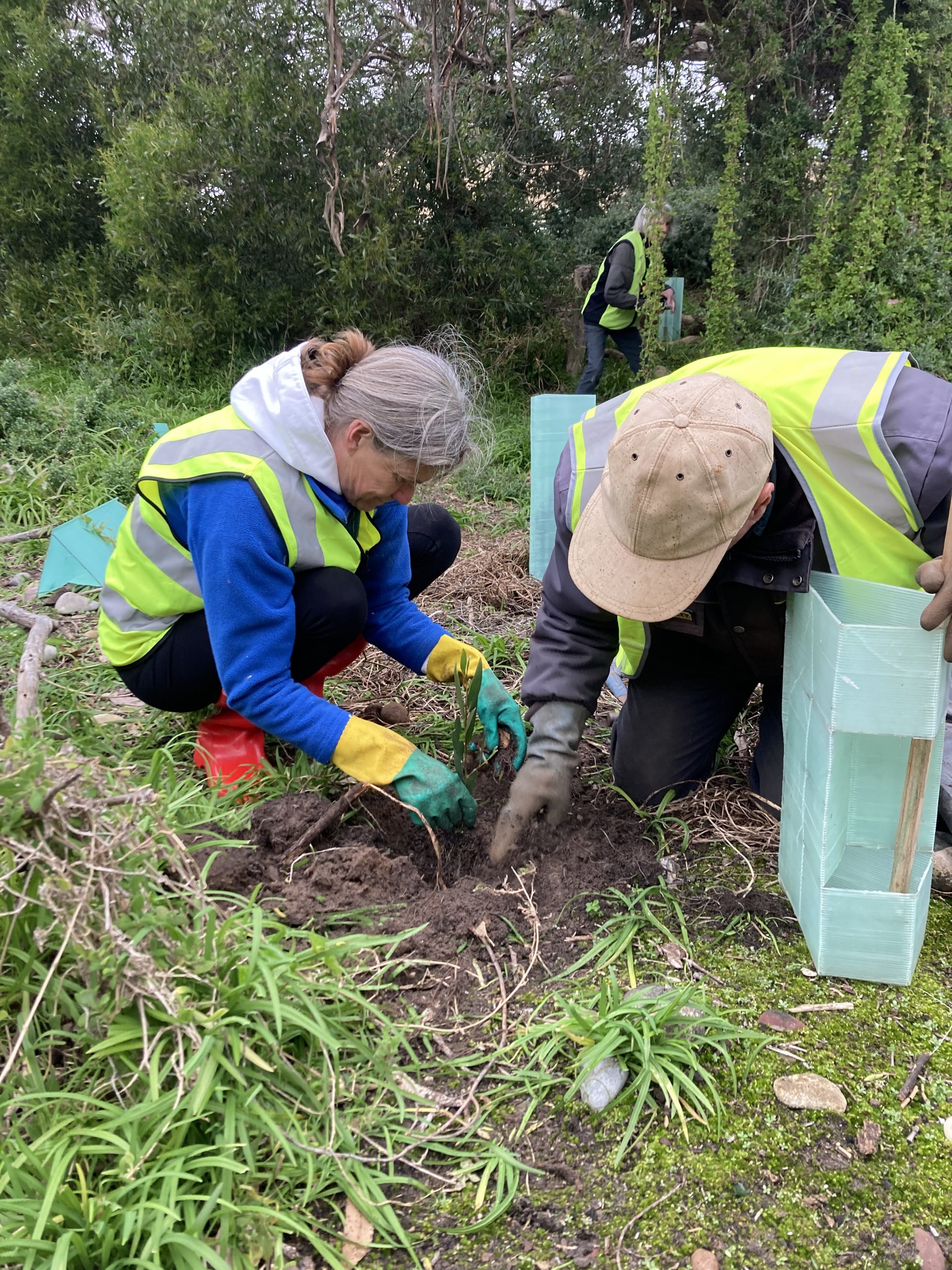
The plants received were used to revegetate sites within the coastal reserve at Turners Beach, where the group had previously cleared cape ivy. The ivy was very dense and had unfortunately replaced the native vegetation in some areas. Its removal resulted in large cleared spaces which the plants have now filled and will hopefully be complimented with some natural regeneration. Planting occurred during a number of working bees with local volunteers.
Huge thank you for our trees.
Wendy Horniblow | Member | Turners Beach Coastcare Inc.
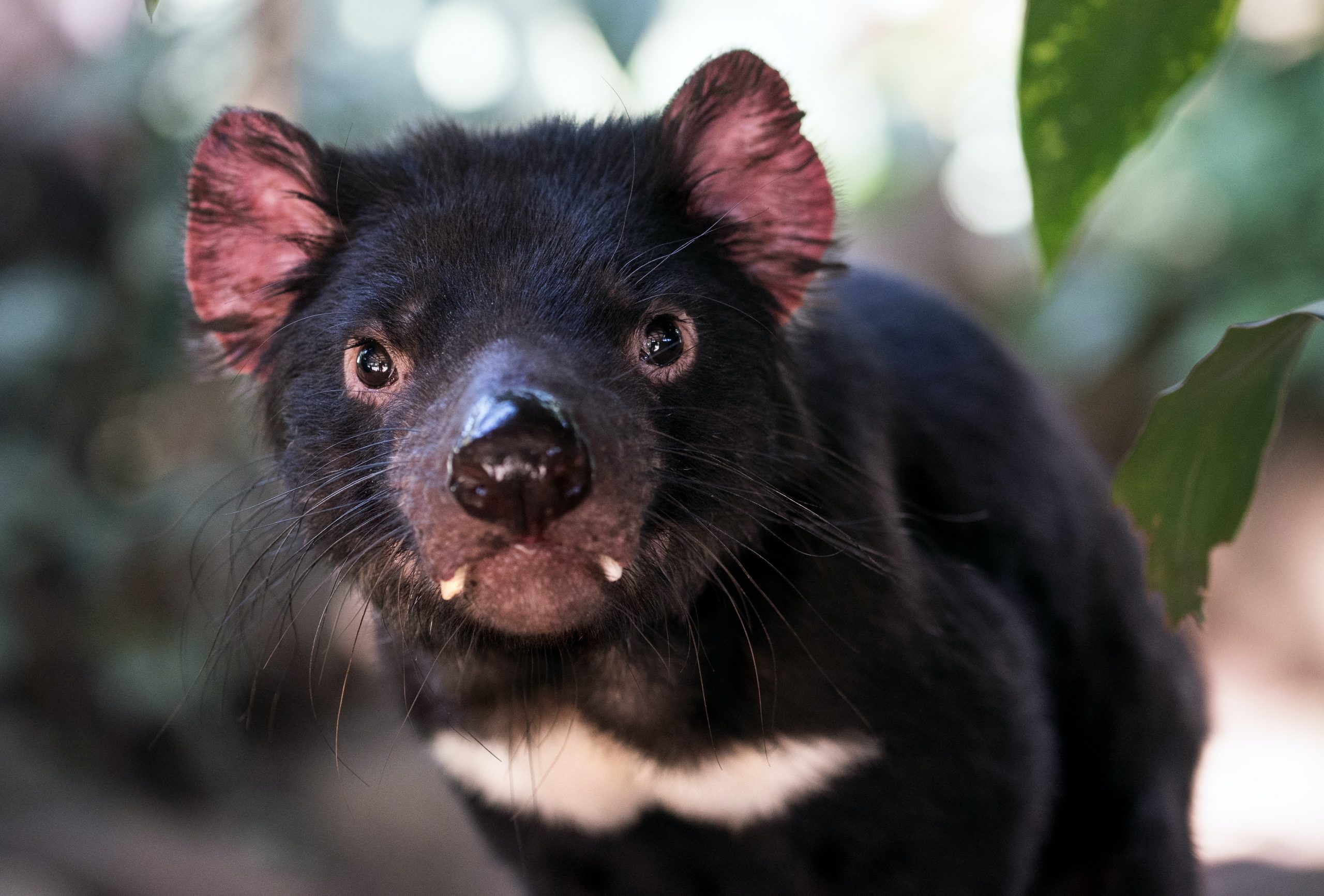
One main issue attributing to the Tassie Devil’s decline is a nasty facial tumor disease spreading through the population. Tasmanian devils are affected by two independent transmissible cancers known as devil facial tumour 1 (DFT1) and devil facial tumour 2 (DFT2). Both cancers are spread by biting, and cause the appearance of tumours on the face or inside the mouth of affected devils.
Tens of thousands of Tasmanian devils have died since the disease appeared in the late 90s. Providing habitat for these loveable creatures is important in building up stronger colonies, with food availability being taken off the roads (where they scrounge for roadkill). They get their name ‘devil’ from their rowdy, sometimes piercing sounds which include a crazy array of coughs, growls, snorts, sniffs, screeches and even sneezes, which European settlers thought were ghouls at night. They do this to ward off enemies.
Corporate social responsibility (CSR) can take many forms but for us … tree planting hits a number of targets!
- Community groups benefit as they receive free trees for their projects.
- The environment benefits as trees mean habitat for the native insects, birds, reptiles and mammals.
- And companies benefit too. ‘Through CSR programs, companies can help society while promoting their own brands. Corporate social responsibility can boost morale and can help both employees and employers feel more connected with the world around them’. (www.investopedia.com).
Thank you MSD for your support of our tree planting projects for another year. Here’s the link to your trees from last year. Forty-five trees planted in the Campaspe Valley in Victoria.
Writer; Lou Ridsdale.
Lou is a big fan of words and has been our Comms Manager since 2019. She is a big-minded green thumb, Earth Lover, big-hearted nature freak plus a savvy media and horticulture expert, who passionately believe that everyone can lead a more nourishing and sustainable life. Her passion for education + communication being the most empowering tool for change is reflected as her role as Founder of Food Is Free Inc. a unique grassroots food security platform specialising in food security education. She fell in love with trees after reading The Magic Faraway Tree as a child.
You can find Lou here
RECENT TREE PLANTINGS
100 TREES PLANTED
125 TREES PLANTED
250 TREES PLANTED
SIGN UP FOR OUR MONTHLY UPDATES.
Restoring Australian ecosystems. Supporting communities with their revegetation projects for a greener and healthier planet.
Fifteen Trees acknowledges Indigenous Australians as the traditional custodians of the lands on which we work, live and play.
We recognise that Indigenous Australians have cared for and lived in harmony with this land for millennia, and their knowledge and wisdom of the land endures.
We pay our respects to Elders past, present and emerging and stand in solidarity as Indigenous Australians seek a fairer and more sustainable future for the land and its people.
